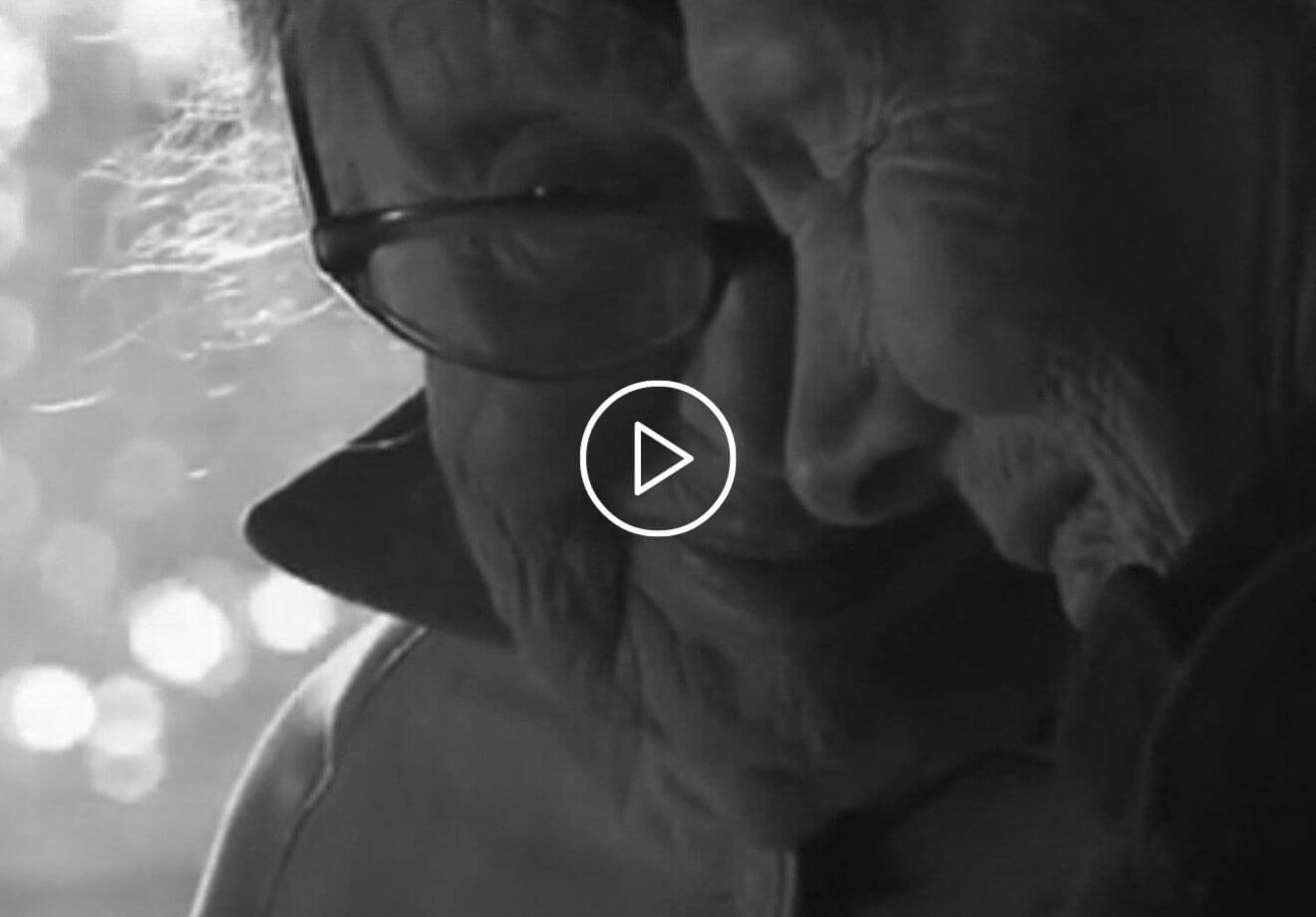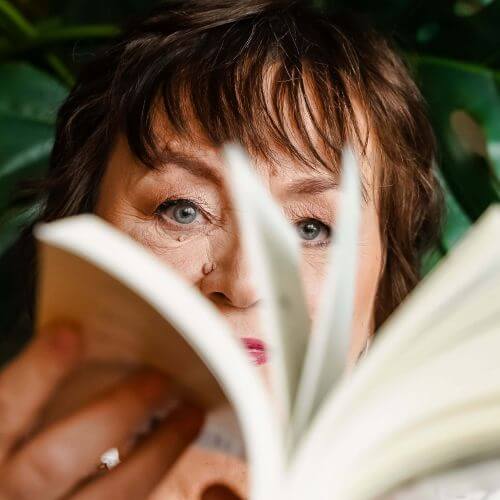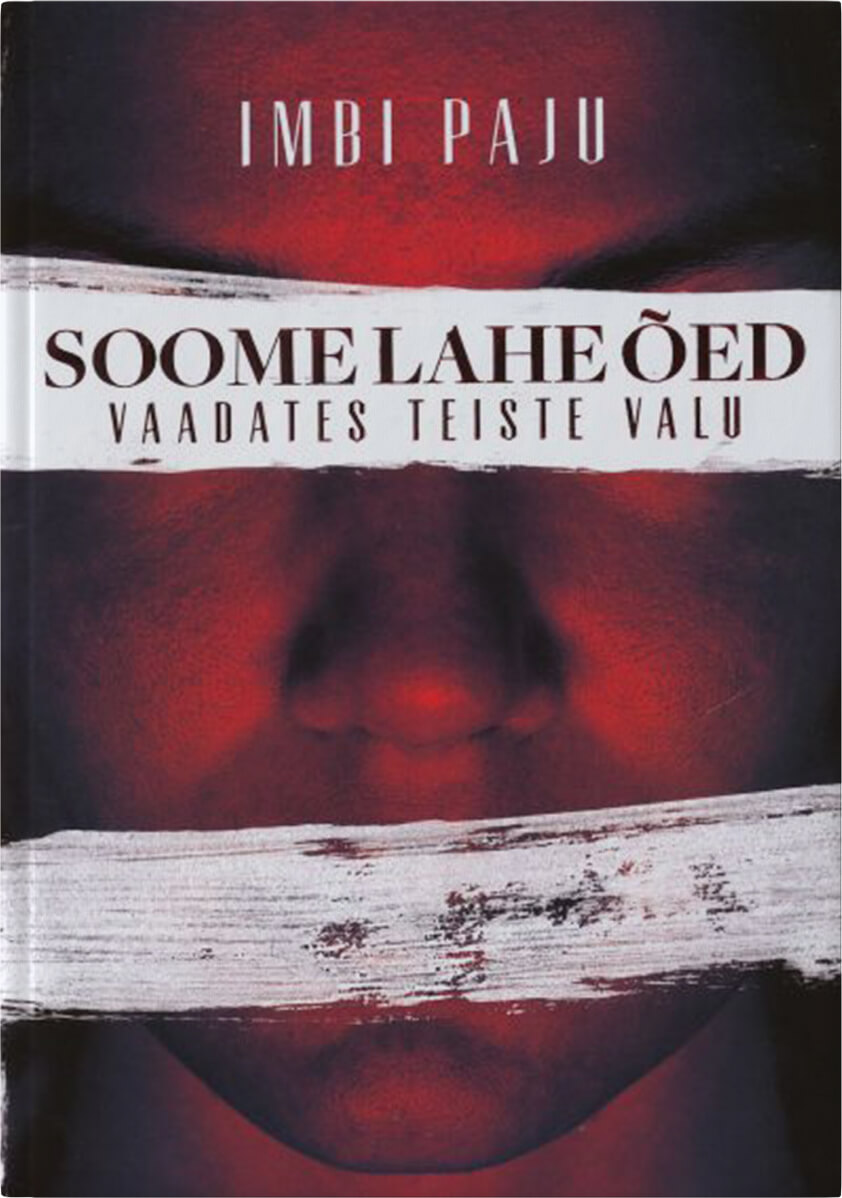
Sisters Across the Gulf of Finland: Looking at each other's pain
The psychohistorical best-selling novel Sisters Across the Gulf of Finland is a story of how Estonian, Finnish and other Scandinavian women around the Baltic Sea worked together to prevent the coming of crisis and war through their own unique actions.
Published in Estonian, Finnish, Swedish and Lithuanian.
Feedback

Reviews
“I find myself myself now believing that, in the spirit of Dante’s divine author genius, Imbi Paju’s book can coach us – as individual citizens, as independent nations and members of ever growing national organizations – to grow ourselves, and to grow a moral cosmos to combat and treat evil – repression, submission, decimation and devastation.”
Heikki Majava
- psychiatrist, psychologist and psychosemiotician, Finland -
“Sisters Across the Gulf of Finland. Looking at Each Other’s Pain, which reveals the basting stitches of Paju’s memory work and thought processes, represents a step toward the kind of relatedness found in constant movement, an often contradictory and stress-laden complex process, and as such, the only possible course for the author. As one possible solution, Paju offers empathy, translated word-for-word from Estonian as “feeling-with,” which may provide the key to understanding the past and shaping a different future.”
Leena Käosaar (formerly Kurvet-Käosaar)
- Associate Professor of Cultural Theory, Institute of Cultural Research, University of Tartu. -
Publisher: LIKE 2011, FinlanD
Hea Lugu 2012, Estonia
[Sisters Across the Gulf of Finland]
Sisters Across the Gulf of Finland describes the choices of European women and their feelings of sisterhood before the war, as well as the verbal and psychological conflicts that the propaganda emerging from the prejudices of the Soviet Union left as a legacy for all of Europe. When the war broke out between the Soviet Union and Nazi Germany, the occupied areas were subjected to terror which destroyed the women of the Baltic countries and Poland. After the Second World War, Estonian members of Naiskodukaitse (Women’s Voluntary Defense Organization) were transported to the Gulag, and the Finnish Lotta Svärd organization was declared fascist and banned on orders from the Soviet Union. And thus, an important part of the history of European women fell into oblivion.

Author and film director Imbi Paju in her own words about her work Sisters Across the Gulf of Finland: “My psychohistorical novel Sisters Across the Gulf of Finland is a story about how Estonian, Finnish and other European women around the Baltic Sea networked together to prevent, with their own actions, the onset of crisis and war. My work describes the choices of European women and sisterhood before the war, as well as the verbal and psychological conflict that the propaganda emerging from the prejudices of the Soviet Union has left for Europe as a legacy. When the war broke out between the Soviet Union and Nazi Germany, the occupied areas succumbed to terror which destroyed the women of other Baltic countries and Poland. After the Second World War, the Estonian members of Naiskodukaitse (Women’s Voluntary Defense Organization) were transported to Gulag and the Finnish Lotta Svärd organization was declared fascist and banned on orders from the Soviet Union. And an important part of the history of European women fell into oblivion. In my book I want to show the pain left to us as an inheritance by the past. I examine the way in which we look at each other, ourselves and our history. The stories of women in my work refresh our memories and reveal to us the pages of our story hidden in the silence of history.
However, my book is not solely a story about the past, but it is also a story about the necessity of dealing with the past, and with the geopolitics of emotion. History is a collection of lost moments which intertwine in the subconscious, when the events of different eras are being viewed and reminisced from a different time, the present. With the help of the film and stories, one can examine lived moments and find parallels with the present day. One can finally feel the joy, but also the sadness, fear and loneliness. This type of courtship with the past is not always pleasant. It demands sensitive and critical self-analysis. But the perspective is the same and present every place in the world where people have been subjected to the dark side of the human mind: threats, humiliation and torture. I have intentionally written this work to also be therapeutic, so that it can help restore people’s moral memory. This is essential, so that political and economic crises never again destroy our world, our country or ourselves as people.”
Documentary film
"Sisters Across the Gulf of Finland"
Sisters Across the Gulf of Finland
Director: Imbi Paju
Scenario: Imbi Paju
Camera: Ants Martin Vahur
Montage: Riitta Poikselkä
Music: Arvo Pärt, Lepo Sumera
Production: Pille Rünk, Allfilm (Estonia), Tiina Butter, Filmmagica (Finland)
Documentary, 2009
59 minutes
The elderly women in the film ””Sisters across the Gulf of Finland” have all experienced hard times, but with their warm and kind nature, they give the viewer hope that good can defeat evil. In the light of their humanity we can see the darker side of mankind, that which comes to the fore through political violence, when people are forced to remain silent, to withdraw into themselves and to forget. The past is connected to the present when we see UN Special Representative Elisabeth Rehn, herself once a Girl Lotta, assisting civilian victims in crisis areas. The film shows how the patterns of violence tied to war keep repeating regardless of time or place.
Transcending Time
Review by Roland Campbell :
The film (Sisters Across te Gulf of Finland)tells the story of the bond between the women’s military auxiliary movements in Estonia and Finland, leading up to and during WWII and their subsequent disbandment and omission from popular history. The story is told by way of present day interviews with former members of the movement and rare archival footage from WWII. The interviews, pristine in appearance, provided personal time-filtered recollections of various elderly members compared to the grainy black and white archival footage which allowed for historical context and drove the narrative forward. They both act as windows to the past, one through the eyes, the window to the soul and the other through the lens of a camera.
Toronto, Estdocs 09
A quote by Imbi Paju
“Thereby, the belief that remembering is a deeply ethical act that will not let us lose our morality and ethics, is innate to us as human beings. However, heartlessness and amnesia also walk hand-in-hand. There is simply too much injustice in the world, and too many memories arising from this injustice.”
Book covers
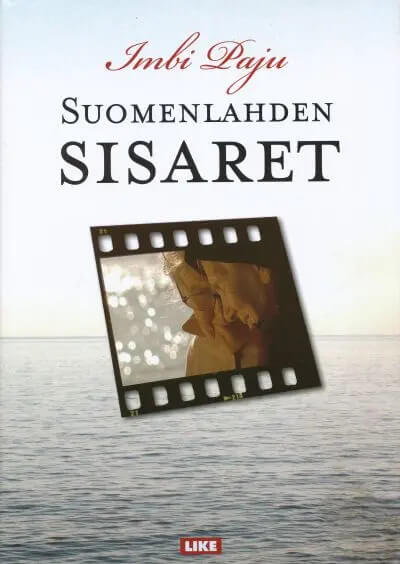
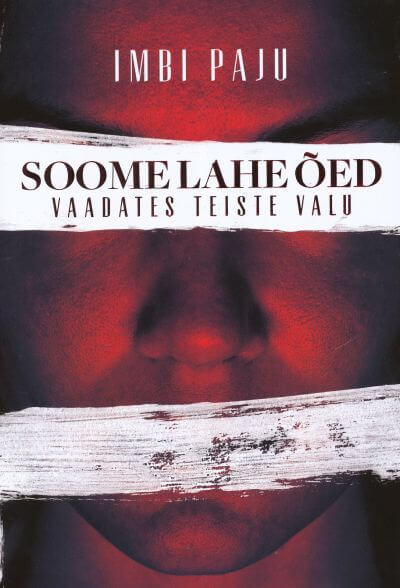

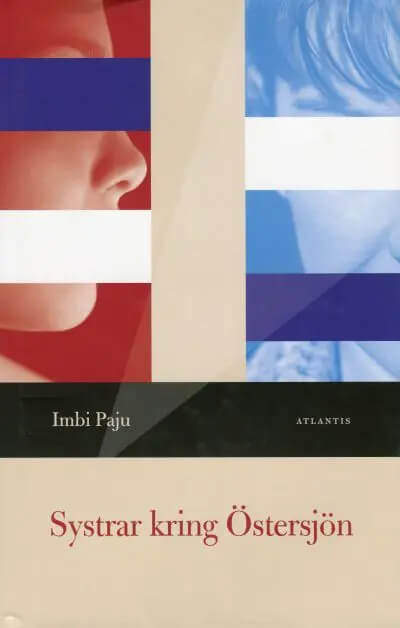
Timeline
-
The book Sisters Across the Gulf of Finland. Looking at Each Other’s Pain is published in Finnish
from the Estonian-language manuscript by Like Publishing, translator Sanna Immanen.
-
Sisters Across the Gulf of Finland. Looking at Each Other’s Pain is published in Estonian
by Hea Lugu Publishers
-
Sisters Across the Gulf of Finland. Looking at Each Other’s Pain is published in Swedish
by Atlantis Publishing, translator Heidi Granqvist
-
Sisters Across the Gulf of Finland. Looking at Each Other’s Pain is published in Lithuanian
by Homo Liber Publishing, translator Danute Giraite

Buy the book!
Choose your favorite bookstore to get your book today...

